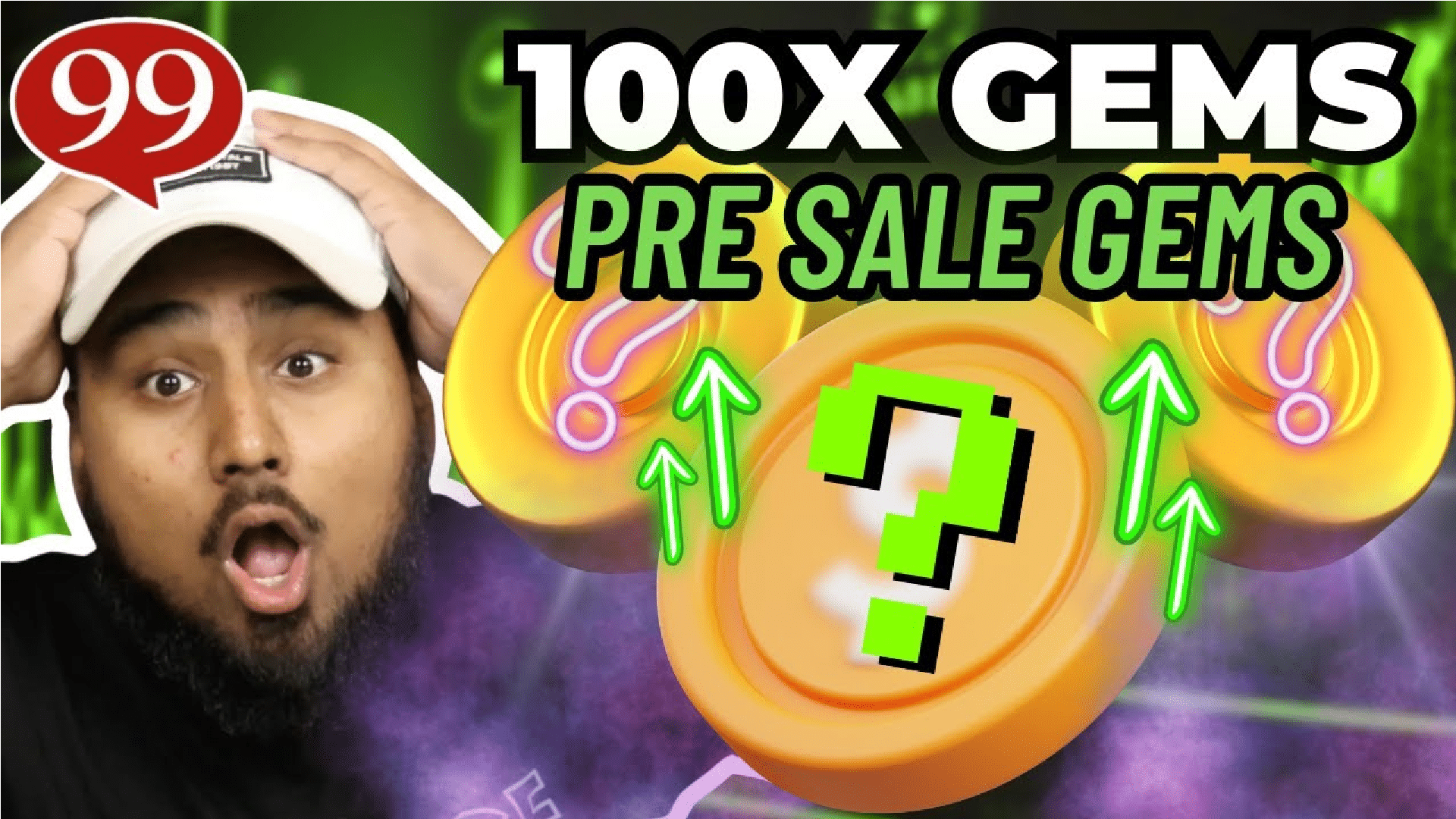How to build with PayPal USD (PYUSD) on Solana

PayPal USD (PYUSD) is now available on Solana, giving developers a new stablecoin option for their projects. Easy access to test tokens from the Solana Devnet facet, comprehensive developer documentation, and compatibility with the broader Solana ecosystem make building with PYUSD more accessible than ever.
This article explains what PYUSD is, where and how to build PYUSD, and how developers can leverage this new stablecoin for their projects.
What is PYUSD?
The PayPal USD (PYUSD) stablecoin is issued and managed by Paxos Trust Company on behalf of PayPal. The goal is to maintain a stable 1:1 value with the US dollar, providing the cryptocurrency market with a reliable and secure digital version of the US dollar. PYUSD seeks to transform digital payments by fusing PayPal’s payments expertise with the technological advantages of blockchains such as Ethereum and Solana.
Initially launched on the Ethereum blockchain, PYUSD expanded to the Solana blockchain following PayPal’s announcement on May 29, 2024. Solana, a leading blockchain known for its rapid adoption, boasts a robust ecosystem with millions of transactions per day and thousands of active developers.
This high-performance network is designed for speed, scalability, and cost-effectiveness, targeting block times of approximately 400 milliseconds and supporting thousands of transactions per second with median fees of as little as 1 cent.
Global accessibility allows PYUSD transfers to be processed almost instantly at minimal cost regardless of transaction size, making it scalable to a large user base and accessible to anyone in the world with an internet connection. The flexibility and accessibility this multichain approach provides allows users to choose the blockchain that best suits their needs.
Why build with PYUSD?
PYUSD combines PayPal’s payments expertise with Solana’s technology expertise. The stablecoin, previously only available on Ethereum, is now available on Solana, making it extremely cost-effective, available 24/7, and providing near-instant payments globally. Use cases for PYUSD include:
Cross-border P2P payments
Solana Wallet allows you to send PYUSD to eligible recipients around the world, and transactions are processed almost instantly and at a negligible cost.
Business-to-Business Transfers
PYUSD’s programmable capabilities allow businesses to develop their own services that facilitate near-instantaneous, cost-effective cross-border transfers with minimal technical requirements.
micropayment
PYUSD facilitates real-time, low-cost microtransactions on Solana. PYUSD allows Web3 merchants, such as non-fungible token (NFT) marketplaces and blockchain-based gaming platforms, to integrate with fiat bank accounts using the digital native currency.
global payments
PYUSD simplifies global payments by eliminating the need for complex networks of multiple banking networks, currencies, and digital wallet systems.
What is Solana’s token expansion and role in PYUSD development?
Solana Blockchain’s Token Extensions (TE) are powerful tools that extend the functionality of the token creation standard, the Solana Program Library (SPL) Token Program. TEs are configurable modules that can be applied to tokens to provide specific functionality. Adding simple metadata to complex compliance and governance systems is an example of such an improvement.
The specific TEs used by PYUSD on Solana are:
- Confidential Transfer: Allows merchants the option to maintain confidentiality of transaction amounts while maintaining visibility into other transaction details for regulatory purposes.
- Transfer Hook: Allows developers to call custom programs during token transfers from individuals and merchants using PYUSD.
- Memo field: Creates a more user-friendly experience for daily payments and business transactions by allowing senders and recipients to include information with their payment.
These token extensions provide the following benefits for PYUSD:
Improvements
TE strikes a balance between confidentiality and compliance by ensuring that PYUSD transactions remain confidential to users while being transparent to regulators.
standardized information
Metadata extensions allow you to standardize and store essential token information, including names, symbols, and logos, simplifying integration with various platforms.
programmable control
The transfer hook extension allows you to execute custom logic for each token transfer, giving you more control over how PYUSD interacts with your wallet and applications.
flexible fees
Transfer fee extensions allow us to enforce transfer fees, which can be used for a variety of purposes, including network maintenance and revenue generation.
regulatory compliance
The permanent delegation extension allows designated entities to comply with regulatory requirements by managing PYUSD tokens for compliance purposes.
Account Management
The expansion of Mint closure rights allows Mint account closure and resource recovery, ensuring efficient management of PYUSD tokens.
Developer Benefits of Building with PYUSD Using Token Extensions
Developers on the Solana blockchain can leverage the SPL token program along with token expansion to realize the full potential of programmable currencies and assets. This involved painstakingly fusing multiple codebases and protocols.
However, developers now have native access to the full range of programmable features when issuing tokens with an enabled token extension. This simplified approach allows developers to enable or disable specific features on a feature-by-feature basis and customize tokens to fit the specific needs of their app.
Additionally, TE is a well-tested and certified extension of industry standards that provides enterprise-level security and stability to PYUSD. Because it’s a reusable standard, developers can design and test apps faster.
As a plug-and-play module, TE provides a fast and proven path to adding blockchain and PYUSD to your applications. Additionally, since TE is an open standard, PYUSD can be used and integrated not only by PayPal, but also by any other compatible wallet, exchange, or library. This adaptability encourages innovation in digital payments by giving developers the freedom to experiment and extend PYUSD as needed.
How to build with PYUSD on Solana
The steps below will help interested developers understand how to start building with PYUSD on Solana.
Step 1: Earn PYUSD
Earning PYUSD is the first step of the task. You can buy, sell, and spend PYUSD in your PayPal or Venmo wallet. The PayPal Consumer Protection Policy is available to anyone who purchases PYUSD using the PayPal ecosystem.
Alternatively, you can earn PYUSD using fiat on major Solana wallets like Phantom and cryptocurrency exchanges like Crypto.com. Developers can test PYUSD on Solana’s Devnet through the PYUSD Faucet.
Step 2: Understand the technical details
PYUSD Mint Address
To integrate PYUSD into their applications, developers can use the PYUSD mint address.
2b1kV6DkPAnxd5ixfnxCpjxmKwqjjaYmCZfHsFu24GXo
On the Solana blockchain, this mint address uniquely identifies the PYUSD token. To get the details of your Mint account, you can use Solana Explorer.
Token Extension
PYUSD represents the next version of the Solana Program Library standard and is built on TE to provide a ready-to-use compliance framework to accelerate development time. TE is launching a new way to enhance token functionality.
Essential features such as token issuance, transfer, and freezing were part of the initial token program, but TE introduced additional features such as confidential transfer, extended metadata, custom transfer logic, etc. (described in the section above).
Step 3: PYUSD Integration
PYUSD is accessible on exchanges, including the major Solana wallets and centralized platforms such as Phantom and Crypto.com. Eligible users can also buy, sell, and spend PYUSD within the PayPal ecosystem, including PayPal and Venmo.
Developers can easily acquire PYUSD and integrate it into their Solana project. Test PYUSD is provided through the Solana Devnet Faucet for development and testing in a sandbox environment. To understand how to build with PYUSD, you should also learn about token scaling before delving deeper into the development process.
PYUSD’s open source nature and Solana’s integration with TE allow developers to seamlessly integrate it into their applications to easily earn, spend, and transfer PYUSD within their apps. For eligible users, PYUSD is compatible with the Solana ecosystem, including a variety of wallets and platforms, making digital trading easily accessible.
Additionally, the Solana and PayPal developer documentation provides detailed information on integrating PYUSD with Solana-based tokens. Developers are encouraged to utilize the provided icon resources when integrating PYUSD into their applications. These resources include PYUSD icons in sizes 128x128px and 220x219px. To download, developers simply right-click on the image and select “Save Image As…”. Additionally, the PYUSD icon is available in SVG format via the PayPal object.

By building PYUSD, developers can create efficient, comprehensive, and trusted payment experiences for the future of digital commerce.
The future of PYUSD stablecoin
Exciting possibilities lie ahead for PYUSD as new use cases take shape and the coin adapts to the changing regulatory environment. Real assets (RWA) are a good fit for PYUSD growth. By enabling seamless, near-instantaneous trading in the RWA space, PYUSD can help improve liquidity in the overall illiquid real estate market.
How stablecoin regulations change in the United States will likely impact PYUSD and will need to adapt to ensure compliance. Cross-chain interoperability is another important component for the future of PYUSD. Expanding to other blockchains will help stablecoins promote greater adaptability and accessibility.
The future development of PYUSD’s security features and smart contracts will also play an important role in the development of PYUSD. By improving smart contract capabilities, new capabilities may emerge, such as automated compliance and more complex financial products.



